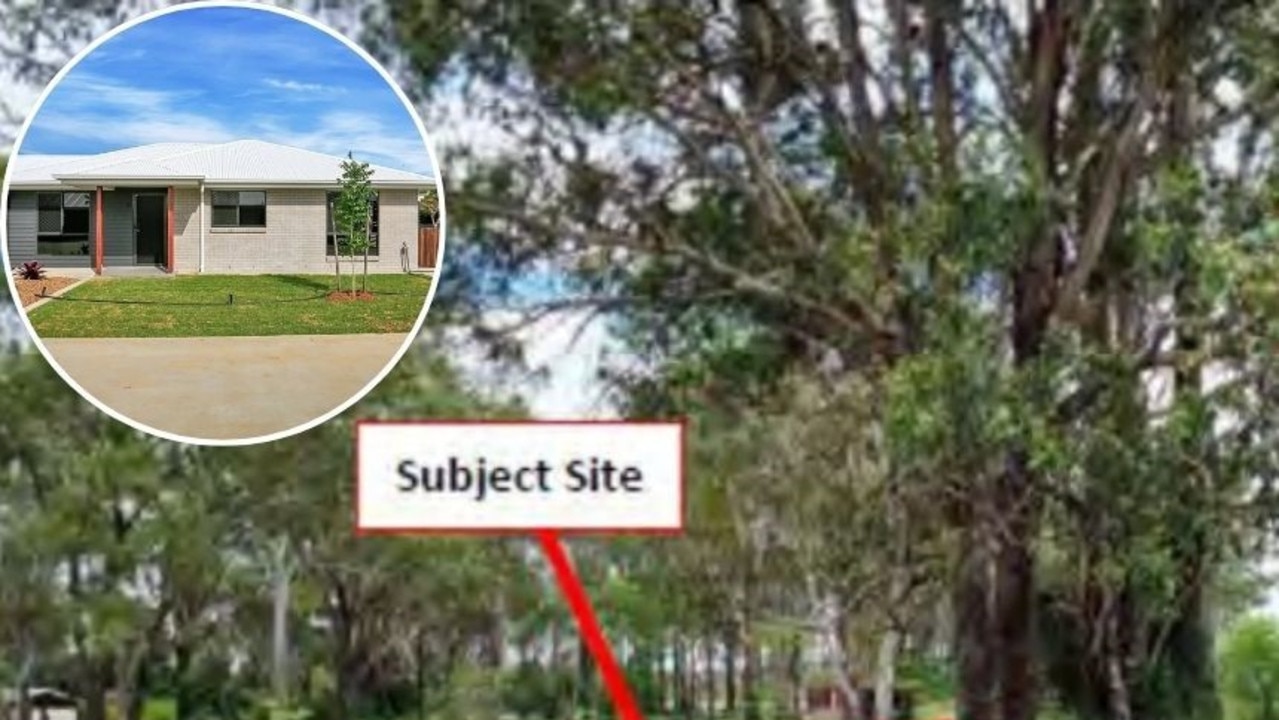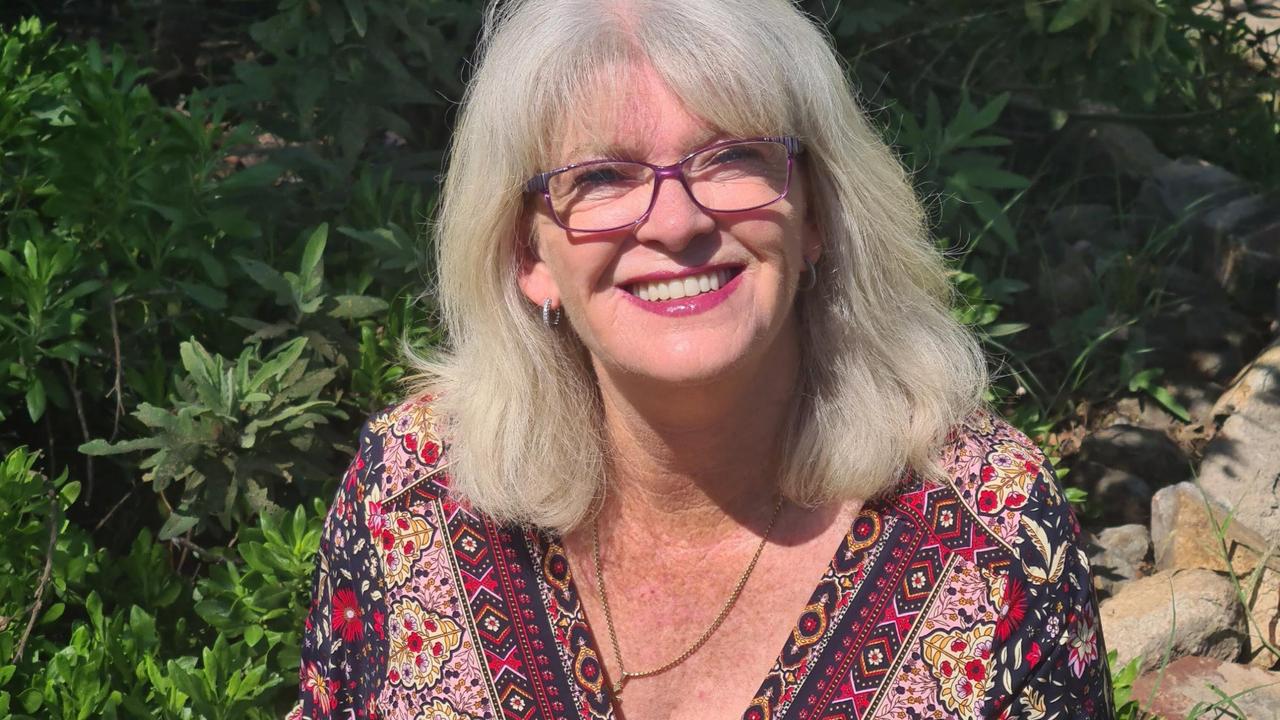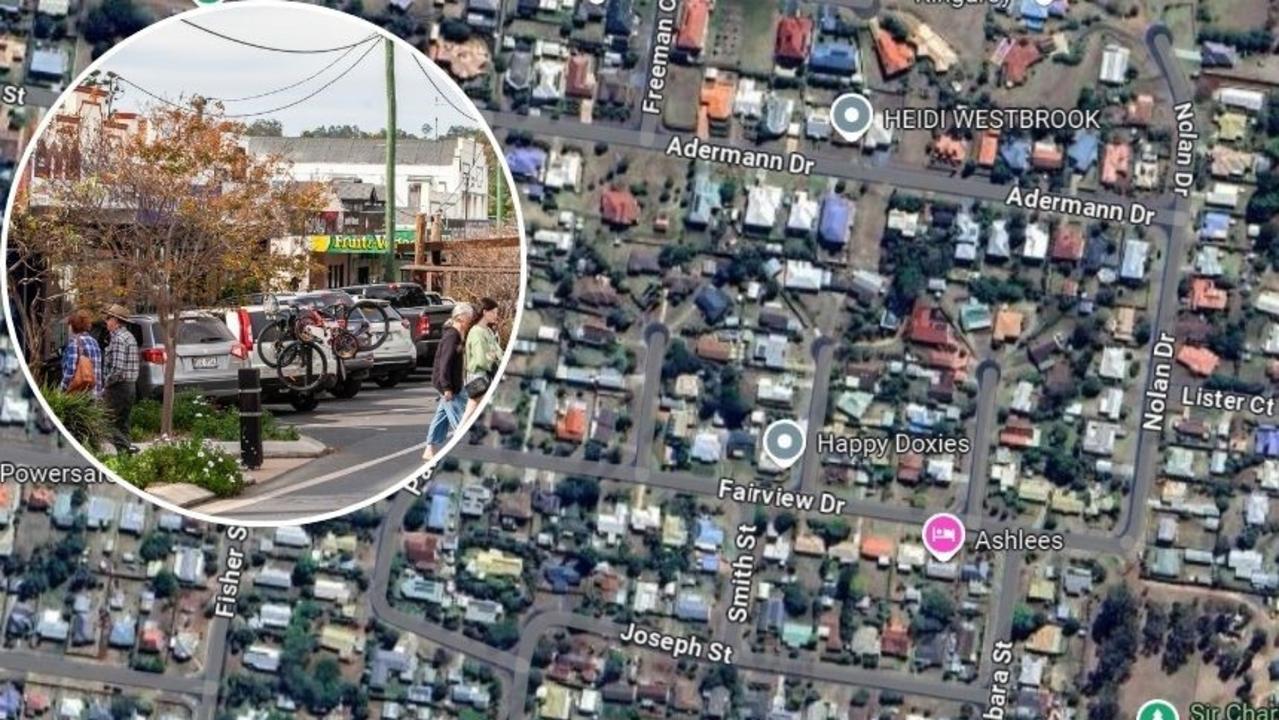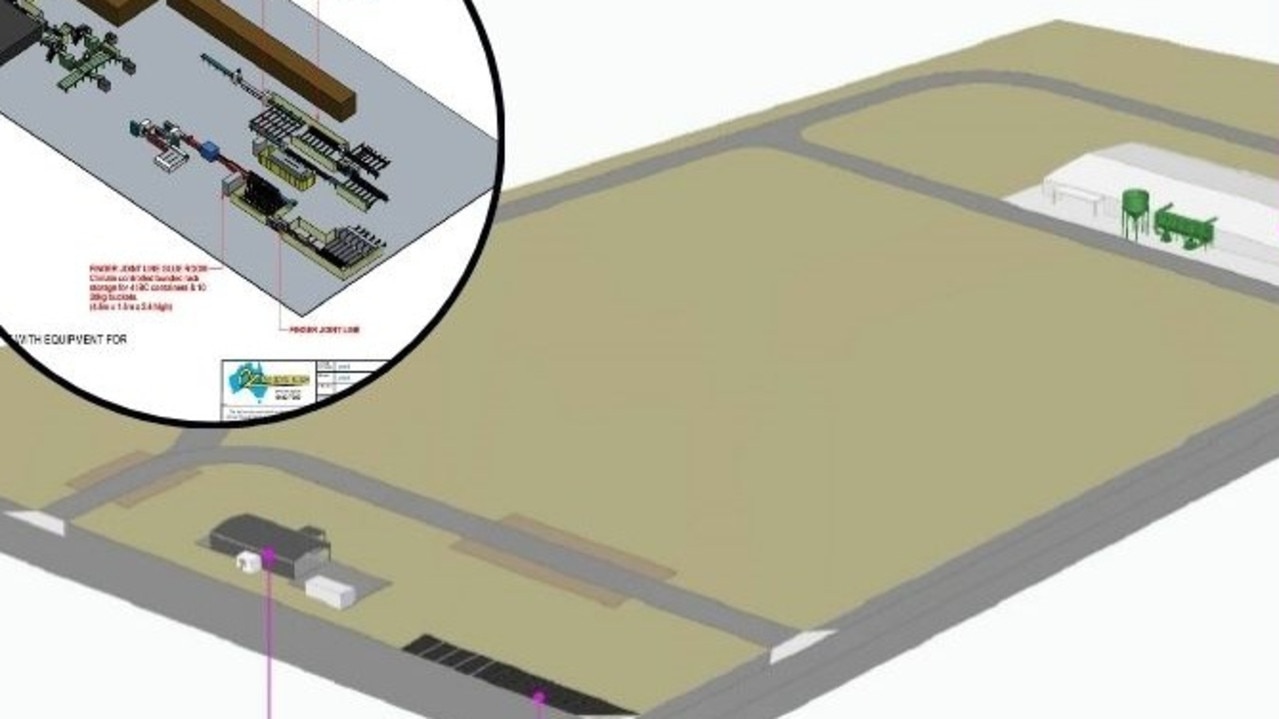Nuclear debate moves to contamination threat to thousands of farms
Nationals Leader David Littleproud has scoffed at a government report claiming 12,000 farms - 2400 of them in the South Burnett/Darling Downs and 1040 in Callide - would be at risk of contamination if the Tarong and Callide power stations went nuclear.

South Burnett
Don't miss out on the headlines from South Burnett. Followed categories will be added to My News.
Nationals Leader David Littleproud has scoffed at claims 12,000 farms - 2400 of them in the South Burnett and Darling Downs, and 1040 in Callide - would be at risk of contamination if Peter Dutton’s nuclear plan for Australia went ahead.
The Federal Coalition wants to build seven nuclear reactors across Australia at decommissioned coal-fired power stations at Tarong, Callide, Port Augusta, Mt Piper, Latrobe Valley and Hunter.
Agriculture Minister Murray Watt told the Global Food Forum in Brisbane on Wednesday the nuclear proposal was a risk to the future of Australian agriculture, and asked Mr Dutton to explain how he would prevent leaks that have occurred overseas, how he would manage them if they did occur and how he would compensate farmers in the 80km fallout zones.

“Based on international practice, farmers would need to take expensive steps during a nuclear leak and would need to inform their customers that they operate within the fallout zone,” he said.
“It’s bizarre that the Nationals and Liberals are putting at risk our prime agricultural land like this, especially without the decency to explain it to farmers and consumers how they would mitigate all the potential impacts.”
Mr Watt also pointed to “thirsty” nuclear reactors as a threat to agriculture.
“The generation of nuclear energy requires a significant amount of water to cool the radioactive cores – a lot more water than is required for coal-fired or renewable energy,” he said.
“The fact is that, for an already risky policy, Peter Dutton hasn’t outlined where any additional water is going to come from for his nuclear reactors.
“Many of his proposed reactors are located in prime agricultural regions, including just north of here at Tarong in the South Burnett, which is next door to the Great Artesian Basin.
The Queensland LNP has rejected nuclear power as not part of the plan for Qld.
The South Burnett Council however, headed by LNP party member Kathy Duff, has publicly embraced Mr Dutton’s plan. Ms Duff told Sky News nuclear power was “low impact” and preferable to renewable energy which she said was dividing the South Burnett community.
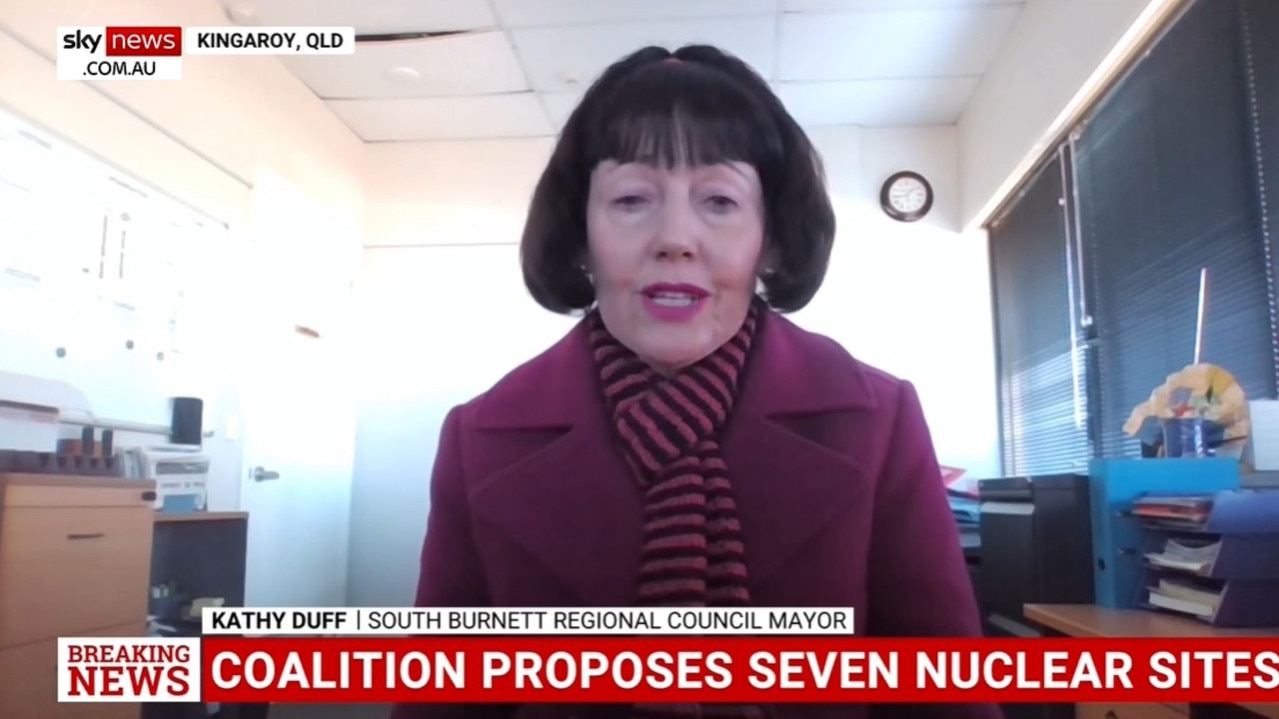
But she did say if the community did not want nuclear the council would not want it.
Mr Littleproud labelled Mr Watt’s claims as “nothing more than scaremongering dripping with hypocrisy”.
He said the Coalition had made it clear when announcing the proposed locations that their individual capacity would be limited by the existing coal plants existing water entitlements, so nothing was taken from agriculture or communities.
“For (Prime Minister Anthony Albanese) to talk about water security after this Labor Government changed the Murray Darling Basin Plan to include water buybacks as well as scrapping several new dam projects is hypocrisy of the highest order,” Mr Littleproud said.
“By transforming existing coal-fired power plants to nuclear energy plants we will alleviate the need for 28,000km worth of new transition lines and as a result, reduce the need to rip up prime agricultural land to host renewable energy projects and new transmission lines,” he said.
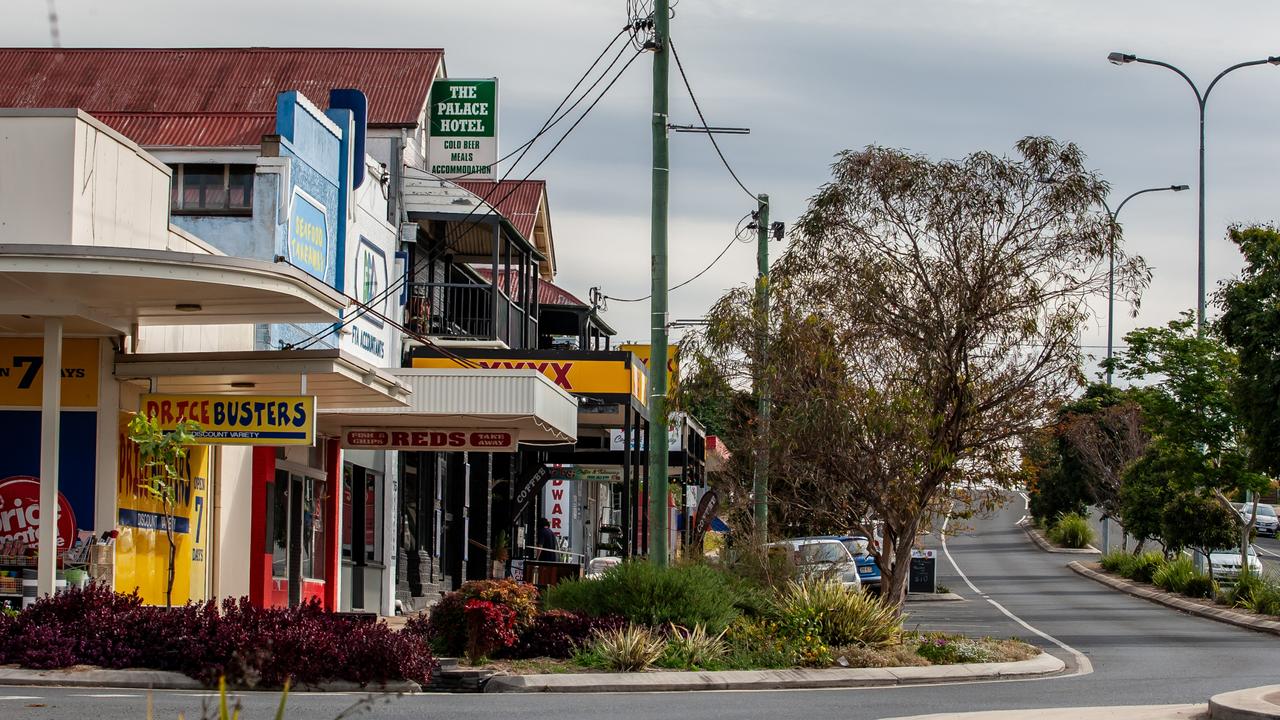
Mr Littleproud claimed the Albanese government didn’t understand agriculture and regional Australia when they saw a different future than just transmission lines, wind towers and solar panels littered across their landscape.
“Whether it was trying to implement a fresh food tax, destroying prime agricultural land for renewable energy projects or
scrapping the Live Sheep Export industry, this Labor Government has shown it doesn’t care about farmers,” he said.
A report in the Queensland Country Life this week said guidelines endorsed by the US Nuclear Regulatory Commission and adopted by Alabama, Minnesota, Indiana, Maryland, Missouri and Florida advised farmers, processors and distributors on how to protect their food supply in the event of a nuclear accident.
“According to the Illinois Emergency Management Agency and Office of Homeland Security guidelines, if an emergency results in a release of radioactive material to the environment, recommended actions to prevent or lessen the potential for contamination of food and animal feeds range from removing animals from pastures to avoid fallout and providing them with stored feed and protected water to restricting or withholding shipments of agricultural and dairy products from the affected areas to processors or markets,” the report said.
Under international standards that radius is classified as an “ingestion exposure pathway” in which people may be exposed to radiation through contaminated food, milk and water after a nuclear leak.
National Party state MPs Deb Frecklington of the South Burnett, and Tony Perrett of Gympie were contacted for comment.
More Coverage
Originally published as Nuclear debate moves to contamination threat to thousands of farms





